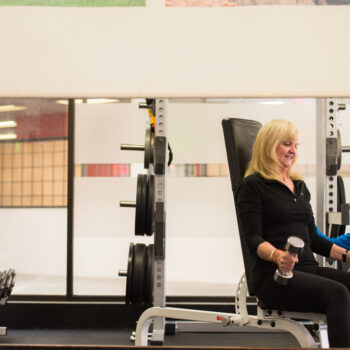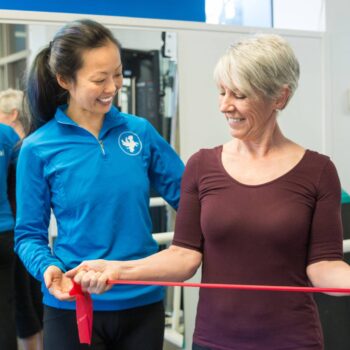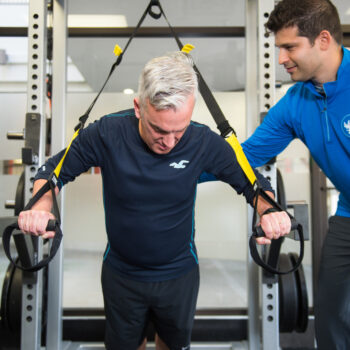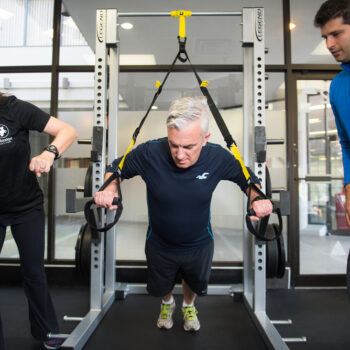
Summer is almost here, which means that many people have already started planning their vacation destinations. We are privileged to live in a time where travelling is simple, and a plane ride is the only barrier separating you from your paradise dreams. Short flights usually do not bring too much discomfort, however, you may find it more difficult to be comfortable for longer flights that last for more than a couple of hours.
.
It’s well known that the environment in an airplane is not the healthiest: just sitting and breathing in the confined cabin for a few hours can place a huge amount of stress on the human body. What about jet lag that follows a plane ride? Or hydration? Staying healthy throughout a flight is not as easy as it seems. Therefore, here are some tips and tricks on what and how to prepare for your trip.
Before the trip
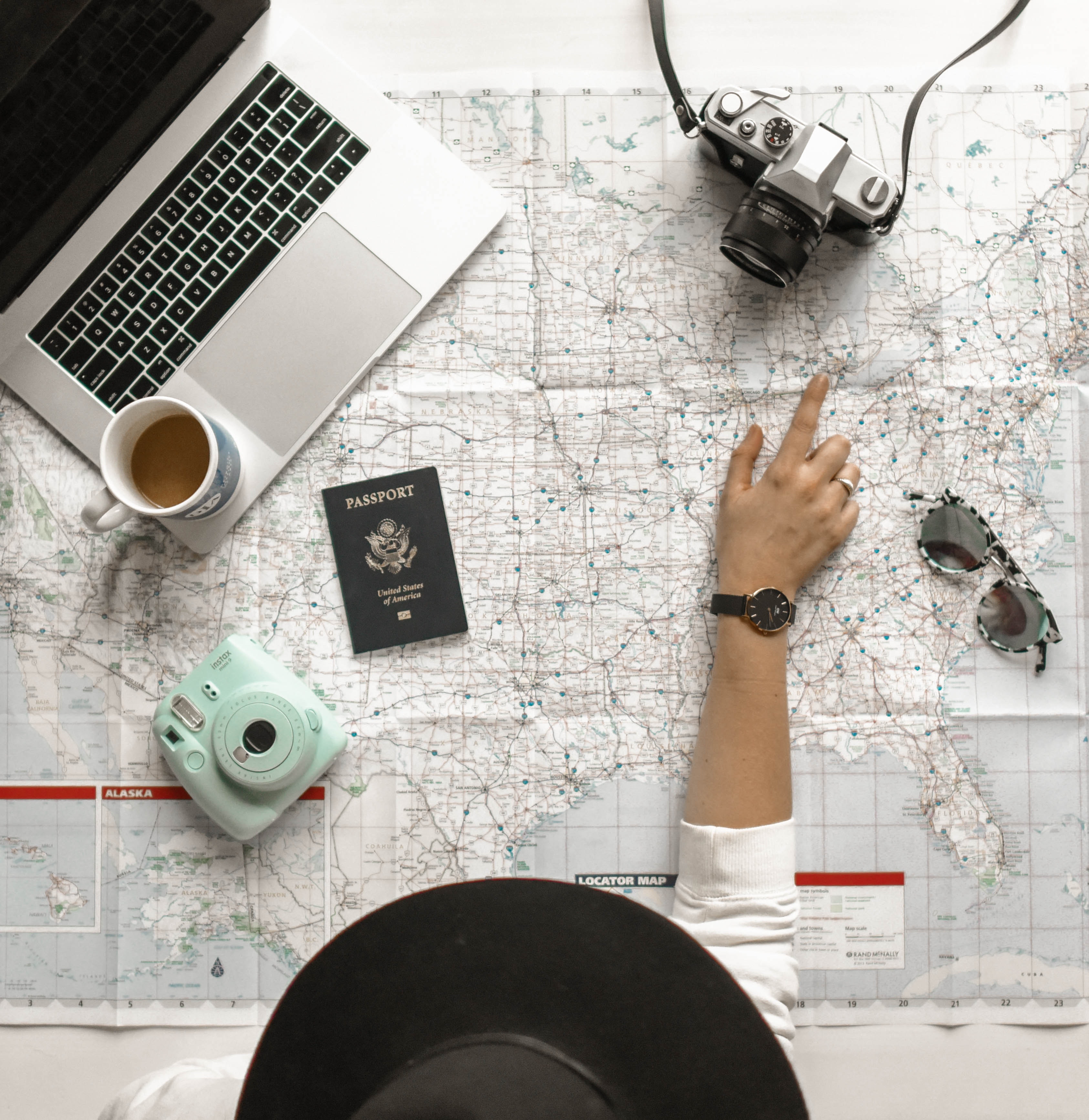
Adjusting to a new time zone can be difficult. Your body has a 24-hour internal clock, or a circadian rhythm, that operates within the brain and regulates your sleep / wake cycle by switching between sleepiness and alertness at regular intervals. Jet lag occurs when the internal clock hasn’t synched to the time zone of your travel destination, and remains synched to your home time zone. It can take several days for your circadian rhythm to reset upon arrival to a new destination. Sleep problems are the most common side effect caused by jet lag, especially if you are travelling east – it is more difficult to advance sleep time than to postpone it. Therefore, instead of focusing on intervention once jet lag hits you, and delaying the activities you can participate in once you arrive to your destination, we recommend following some preventative steps described below.
- Know the time zone of your travel destination. A few days before your trip, start adjusting your sleeping schedule to more closely match the time zone of your destination. If you’re travelling eastward, which is an earlier time zone, try going to bed 1 hour earlier for several days before you leave. If you’re travelling westward, try going to bed 1 hour later each night. Make sure to adjust your food intake schedule, too.
- Reset your clocks. Change the time on your watch / clock to match the time at your destination once you board on your plane. This will help you to stick to the local schedule.
- Get a good night’s sleep before the trip. Being well rested can help your body cope with stressors during the flight, as well as jet lag.
- Avoid coffee consumption. Caffeinated beverages, such as coffee or soft drinks, will interfere with your ability to sleep and increase the time needed to recover from jet lag.
- Prepare your immune system in advance. Take vitamins (ex: B6, C, D, E) and antioxidants as recommended by your health care provider, maintain a nutrient-rich diet and healthy lifestyle to boost your immune system prior to the trip. This makes your body more resistant against the viruses and bacteria that can be flying around an airplane cabin.
On the plane
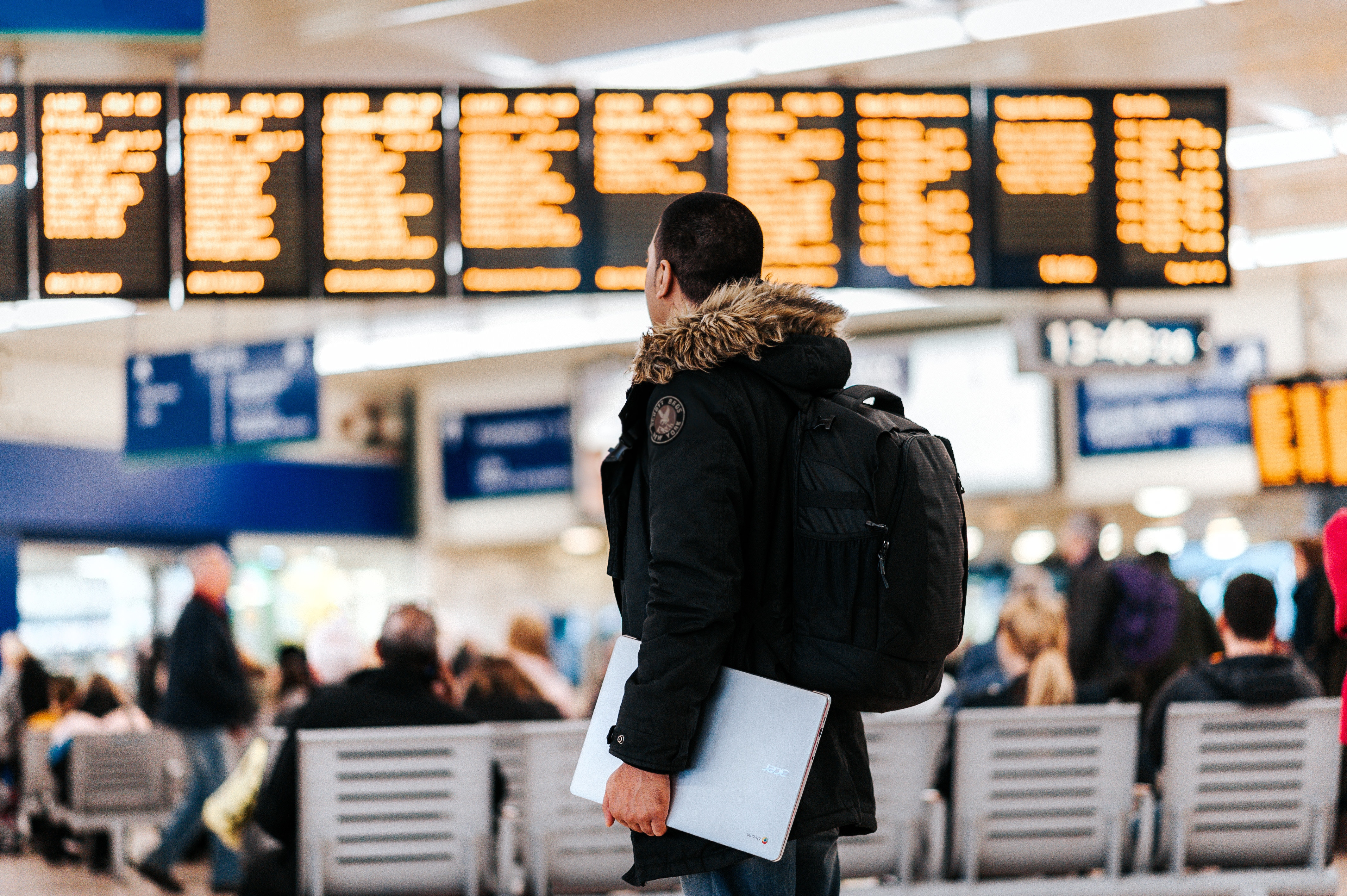
- Stay active. Walk along the aisle to keep the blood flowing in your lower body to prevent venous thrombosis. Compression socks can also be a good addition to your carry-on luggage.
- Drink water. Opt out of caffeinated beverages on the plane and drink more water to keep your body hydrated.
- Bring healthy snacks. Many airline companies allow you to bring food on board if you follow the regulations. Packaged nuts, sliced fruits and vegetables, cheese cubes, and granola bars are examples of foods that are permitted on a plane. Having sliced ginger or supplements controlling nausea can also help if you tend to experience motion sickness.
- Pack hand sanitizer / wet wipes. A confined environment with very dry air is a perfect habitat for pathogens. Cleaning your hands and the space around you (ex: arm rests, media screen, tray table, etc.) reduces your exposure to the bacteria and viruses around you. In addition, make sure to sanitize your hands after washing them in the bathroom of a plane because water on planes may not be safe.
- Bring a travel pillow. Using a travel pillow can help your neck by providing comfort and support.
- Sleeping pills. Although sleeping pills can help you fall asleep, they may delay your jet lag recovery time. Sleeping pills can also increase the risk of deep venous thrombosis. Make sure to check with your health care provider first to see if you can take sleep medication, and during your flight, make sure to listen to the safety instructions provided by flight attendants before taking them.
Upon arrival

- Rest up. Listen to your body. If you feel tired, rest up after the plane ride. However, avoid going to sleep if it’s still a daytime as much as possible, as exposure to daylight can help adapt your internal clock to your new schedule.
- Enjoy your vacation. Fill your day with enjoyable activities. Explore new destinations, have a cheat meal if you are craving for certain foods (but be conscious about the portion size). Relax your mind and soul, and refuel your energy!
Get the most of your vacation by following these simple tips that can help you prepare for a trip! Let us know below where your next travel destination is.
 Alia Arslanova – Client Care Manager/Cardio Trainer
Alia Arslanova – Client Care Manager/Cardio Trainer
Alia has been doing sports since childhood: rhythmic gymnastics, tennis, synchronized swimming, and currently does Police Judo. Being constantly active, learning about human anatomy and kinetics makes her happy so choosing Kinesiology as her academic and career goal is a perfect match!


